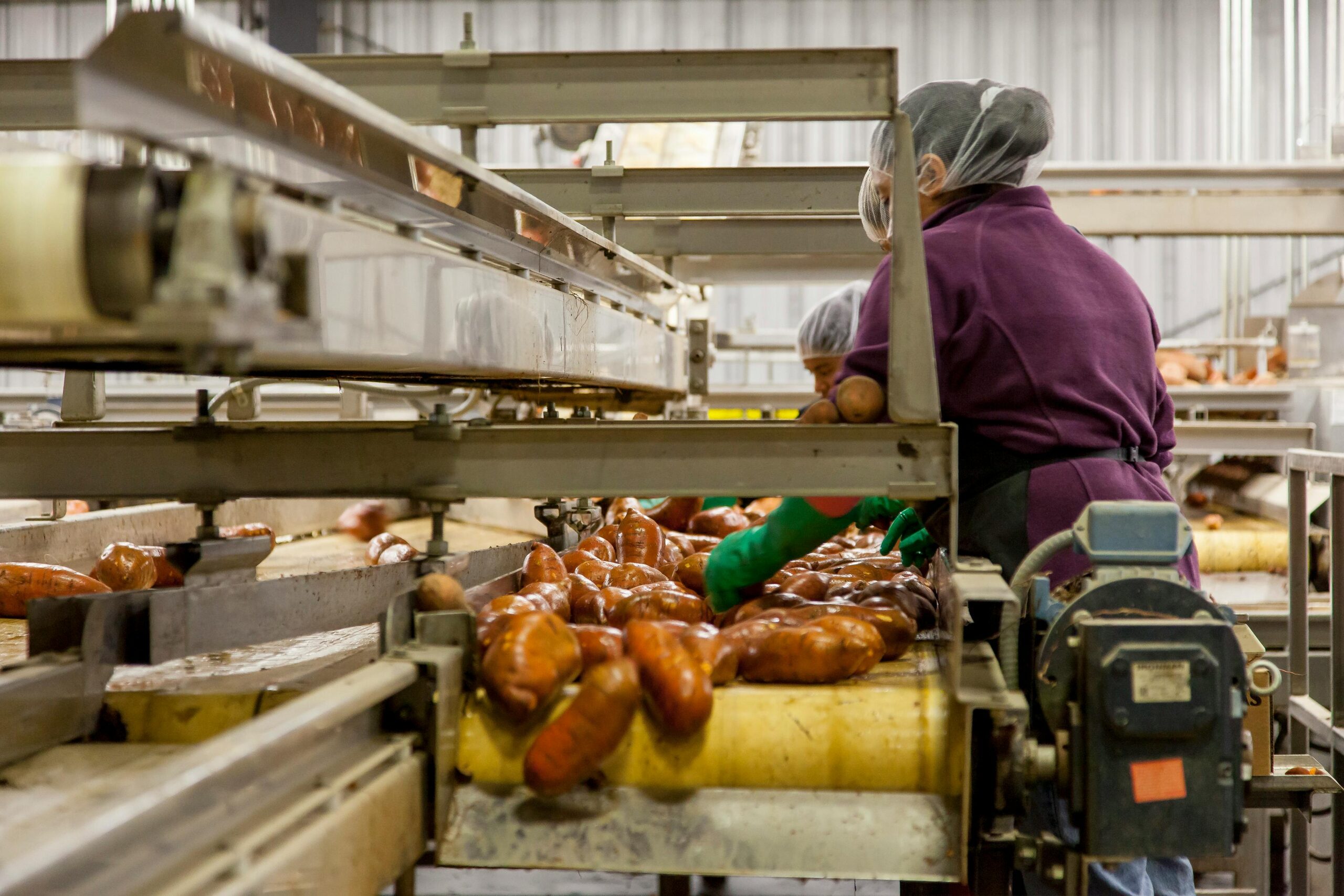In our modern era, food processing has become an integral part of our culinary landscape, shaping the way we eat and interact with food. However, amidst the array of processed foods lining supermarket shelves, a distinct category emerges – ultra processed food. In this exploration of food processing and its impact on health, we delve into the realm of ultra processed food, shedding light on its characteristics, effects, and implications for our well-being.
Defining Food Processing and Ultra Processed Food
Food processing encompasses a spectrum of techniques aimed at transforming raw ingredients into consumable products. From washing and chopping to cooking and preserving, these processes enhance food safety, extend shelf life, and enhance palatability. Within this spectrum lies ultra processed food, characterized by a high degree of industrial processing, often involving additives, preservatives, and artificial ingredients. These products typically undergo multiple stages of processing, resulting in a final product that bears little resemblance to its original form.
The Rise of Ultra Processed Food: A Global Phenomenon
The prevalence of ultra processed food has surged in recent decades, mirroring shifts in dietary patterns and lifestyles worldwide. Convenience, affordability, and accessibility drive consumer demand for these products, fuelling their proliferation in markets across the globe. From sugary snacks and ready-to-eat meals to carbonated beverages and packaged desserts, ultra processed foods have permeated various aspects of our diets, contributing to a significant portion of daily caloric intake for many individuals.
Nutritional Concerns Surrounding Ultra Processed Food
While ultra processed food offers convenience and palatability, its nutritional profile often raises red flags among health professionals and researchers. These products tend to be high in refined sugars, unhealthy fats, sodium, and artificial additives, while lacking essential nutrients like fiber, vitamins, and minerals. Prolonged consumption of such foods has been linked to an increased risk of obesity, cardiovascular disease, type 2 diabetes, and other chronic health conditions, highlighting the importance of moderation and mindful consumption.
The Impact on Health and Well-being
The repercussions of regular ultra processed food consumption extend beyond physical health, encompassing mental and emotional well-being as well. Studies suggest a potential link between diets rich in ultra processed foods and adverse mental health outcomes, including depression, anxiety, and cognitive decline. Furthermore, the addictive nature of these products, compounded by their hyper-palatability and marketing tactics, can perpetuate unhealthy eating habits and disordered eating behaviours, fostering a cycle of dependence and poor health outcomes.
Navigating the Food Landscape: Making Informed Choices
In a world inundated with ultra processed food options, making informed dietary choices is paramount for safeguarding health and well-being. Adopting a whole-foods-based approach, centered around minimally processed, nutrient-dense ingredients, forms the cornerstone of a balanced and nourishing diet. Prioritizing fresh fruits and vegetables, whole grains, lean proteins, and healthy fats empowers individuals to fuel their bodies with essential nutrients while reducing reliance on processed and ultra processed foods.
The Role of Food Industry and Policy
As consumers demand greater transparency and accountability from the food industry, stakeholders must collaborate to enact meaningful change. From product reformulation and marketing regulations to education and public health initiatives, concerted efforts are needed to curb the proliferation of ultra processed foods and promote healthier alternatives. Additionally, policymakers play a pivotal role in shaping food environments through legislation and regulation, influencing food production, distribution, and accessibility on a systemic level.
Empowering Through Education and Awareness
Educating consumers about the impact of ultra processed food on health and well-being is a crucial step towards fostering a culture of wellness and empowerment. By raising awareness about the nutritional value of different food choices, decoding food labels, and equipping individuals with practical skills for meal planning and preparation, we empower them to take control of their dietary habits and make choices aligned with their health goals.
Conclusion: Nurturing Health Through Informed Choices
In the complex landscape of food processing, the distinction between processed and ultra processed foods holds profound implications for health and well-being. While food processing itself is not inherently detrimental, the degree and nature of processing play a pivotal role in shaping the nutritional quality and health outcomes associated with the final product. By prioritizing whole, minimally processed foods and advocating for greater transparency and accountability within the food industry, we pave the way for a healthier, more nourished future. Let us embark on this journey together, embracing the power of informed choices to nurture our bodies, minds, and communities.



